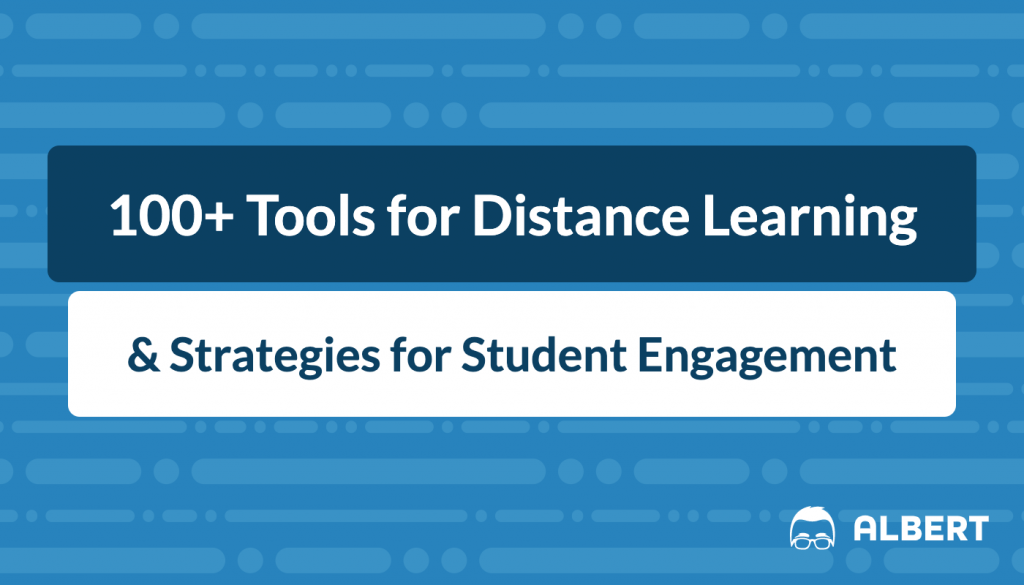Mask 'em if you got 'em - but don't buy them, yet
Before that, on Jan. 31, Vox confidently declared that covid would not become a pandemic (they deleted the Tweet last week with a Nixonian vague reference to the Tweet no longer being operative). And on Feb. 25, Vox said "there’s no good evidence to support the use of face masks for preventing this disease in the general population."
I'm in my usual backseat driving position of critiquing something where I'm not an expert, but it wasn't hard to be skeptical about the masks. I wrote on Facebook on Mar. 2 that it was disingenuous to say masks protect medical workers but not the public. On some of this (not all of it), Vox was just uncritically reporting the consensus position. Historically we've needed the media do a better job of reporting the climate consensus, but a distinction here can be made between the massive scientifically-established climate consensus versus the motivated-reasoning guesswork by the establishment that wanted the public not to buy masks when they're desperately needed by medical workers.
To be fair, Vox seemed to clean up its act in March, and it's certainly no Trump. Not glorious, though.
I feel a little guilty beating up on the US government's medical establishment as they work hard while I sit on a sofa. Everyone all the way up to and including the Vice President are surely working hard right now. And I'm not beating up the 99% of the medical people working for the government that didn't make these decisions, but at the top there were major mistakes, and it wasn't just Trump and his cronies that made them. Producing a faulty test was a huge error, not importing substitute German tests was another, not allowing locally-made substitutes a third, and giving bad advice on masks/not telling people to wear bandanas and scarves a fourth.
Trump ran the show, these are all his mistakes. But when he's gone, there will have to be more work to guarantee they don't happen again.
Don't buy masks, yet. The government should've commandeered all of them, weeks ago. But if you have them, keep one or two to use and reuse, and give the rest away. In a month or two, there should be enough to buy them for everyone, which could be a big part of successfully transitioning back to a more normal world.








